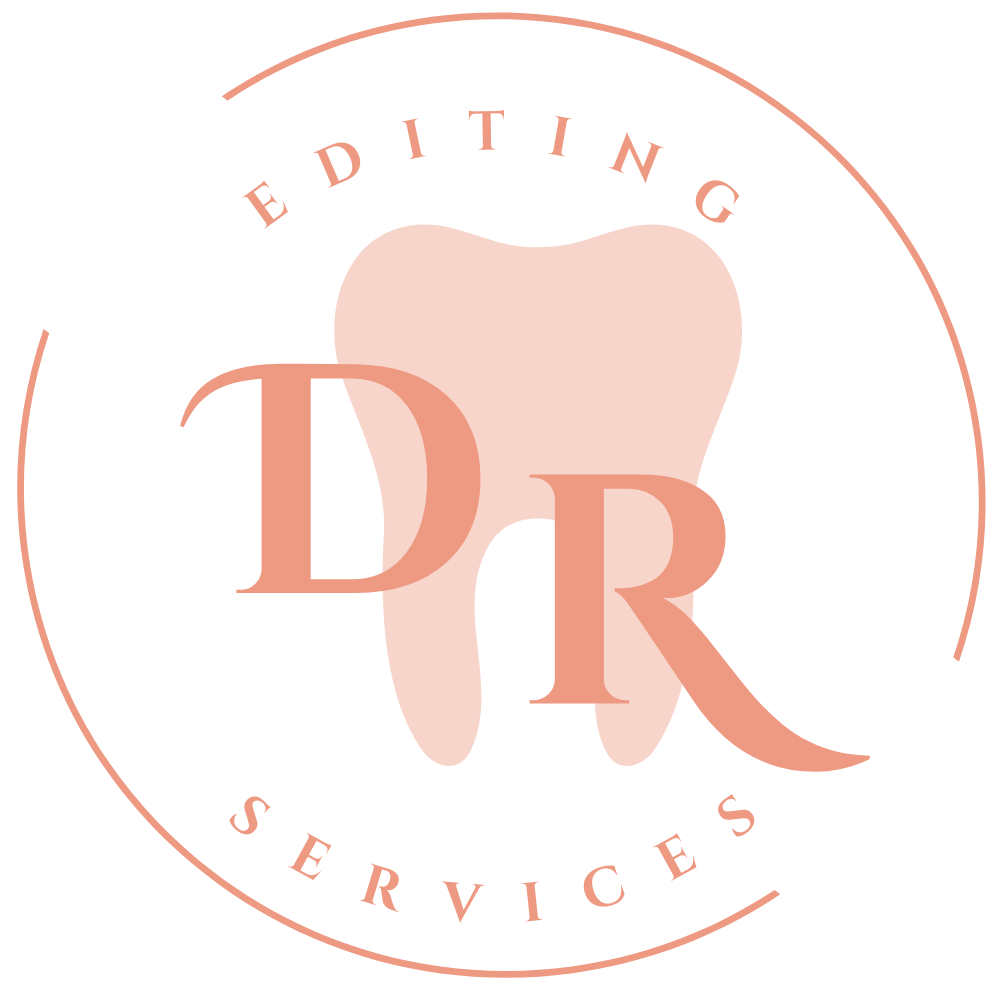
How to write a personal statement for Medicine or Dentistry
Having read countless dental and medical personal statements, it is evident that many applicants simply recount their experiences. However, the most standout statements have a significant element of reflection. Many applicants have similar experiences, and the admission team is more interested in how those experiences have shaped you into an aspiring healthcare practitioner.
Those who stand out have tailored their experiences to the field they are interested in. They have a collection of varied experiences which have built a transferable skillset, aiding their application. Their experiences range from a combination of work experience, leadership, teamwork, volunteering, and hobbies.
How to structure your personal statement
Introduction
How to start your personal statement
Your introduction must be straight to the point, unique, and should indicate which course you are interested in.
The key is in the title “PERSONAL.” It should be all about you! Not somebody else’s experience or your distant aunt’s struggle with Type 2 diabetes. Instead, start with an anecdotal story or ‘Aha’ moment—the moment you realised that this was the career for you.
You could talk about a significant healthcare experience that impacted you – either when you were a patient or a memorable work experience story. Evoking emotion from the admission’s tutor helps to build the story and understand the real you. However, keep it professional and not too emotional as they’re not looking to give you an offer based on sympathy. They want to see that this experience has made you resilient.
You could start with an impactful work experience case. Did you help an anxious patient? Did you observe a rare procedure? Did you help a patient who received bad news? Just don’t make it up because they will know.
Structuring an introduction with a personal story immediately grabs the reader’s attention. Also, you can guarantee it’ll be 100% unique. Your story will then lead into why this motivated you. You must have a motivator, whether it is a single experience or a collection of experiences on your journey.
The following paragraphs will then expand on the experiences that have led to this application. The body of your statement shouldn’t contain much more information about your initial motivator. Instead, it would be best if you went straight into talking about your other experiences.
Good Introduction
- Clearly states your motivations
- Keep it succinct
- Go straight to the point
- Be very specific
Bad Introduction
- Starts with a quote, Cliché
- States you are interested in a subject without explanation or evidence
- You claim to have wanted to be a doctor ever since childhood

Midsection - 2nd 3rd 4th Paragraphs
The following 3 or 4 paragraphs carry the most weight. This is the section where you need to highlight your experiences, the transferable skills you have developed, and a reflection of the experience. How does it relate to the career you are interested in?
Keep the paragraphs in chronological order and keep each paragraph to a single topic.
Suggested Order:
1: Work experience/Shadowing
2. Employed roles
3. Volunteering
4. Hobbies

Work Experience or Shadowing
It is challenging to gain work experience or shadow following the pandemic. It is therefore highly valued and essential to add this into your personal statement, regardless of how long you carried it out. You should add in the highlights of your experience.
– What procedures did you see?
– How did the clinician prepare for the procedure?
– Did you listen to the risks, benefits, and consent process?
– What skills were required?
– What skills did you gain?
– How can you use these skills and develop them further?
Your personal statement should show your understanding of the role you are applying to. You must reflect on your experiences. Do not list skills; instead, write them in context and try to imply the skills without stating them.
For example, “I learned to empathise with patients that were young and old” OR “Through actively listening to the patient’s story, I learned how to respond appropriately to the sensitive topic.”
Reflect on what you saw. How did this experience motivate or encourage you to develop the necessary skills? Did you go on to arrange further work experience? You could lead this topic on to your eagerness to volunteer in order to have a more active and direct role with the public.
Volunteering
Volunteering is not essential, but it makes you stand out. Find a unique volunteering opportunity for a cause you are passionate about. It doesn’t have to be healthcare-related. Volunteering for a long period of time shows commitment, willingness to serve others, and ability to manage your time.
Here are some options: work with homelessness, shelter, Samaritans…
Are you looking to volunteer?
Firstly describe what your role involved. How did this develop your skills? Did you have to work in a team? Did you organise events? Is this something you will continue with while at university?

Other Extracurriculars
You should add in any other roles you have had, whether you were a part of the school council/committee or part of a sports team. Mention your success and highlight your strengths, try not to focus too much on weaknesses. The statement should be positive overall.
If you are keen to create a society at university then tell them this. Show that you have interests outside of your education and you wish to pursue these as well!
Conclusion
A powerful ending consists of a summary of your experiences. Remind the reader of the most transformative experiences which led you to this application. Link back to the introduction and mention your future goal. This shows you have a well-thought-out plan and are goal-oriented, a notable quality. What do you hope to gain from attending university and how can you be an asset to them?
Good Conclusion
- Succinct summary
- Links back to the introduction
- Reiterates your motivation
- Shows what you can bring to the university
Bad Conclusion
- Introduces a new topic
- Coming across as arrogant
- Making huge claims that you can’t back up
- End on a rhetorical question
Start writing your statement well in advance. It is advisable to have many drafts and start writing the midsection and come back to the introduction later. Get professional help if you are struggling. Make sure you thoroughly proofread your statement and make sure your spelling and grammar are perfect.
Get help from an experienced writer
Volunteering in your local area


